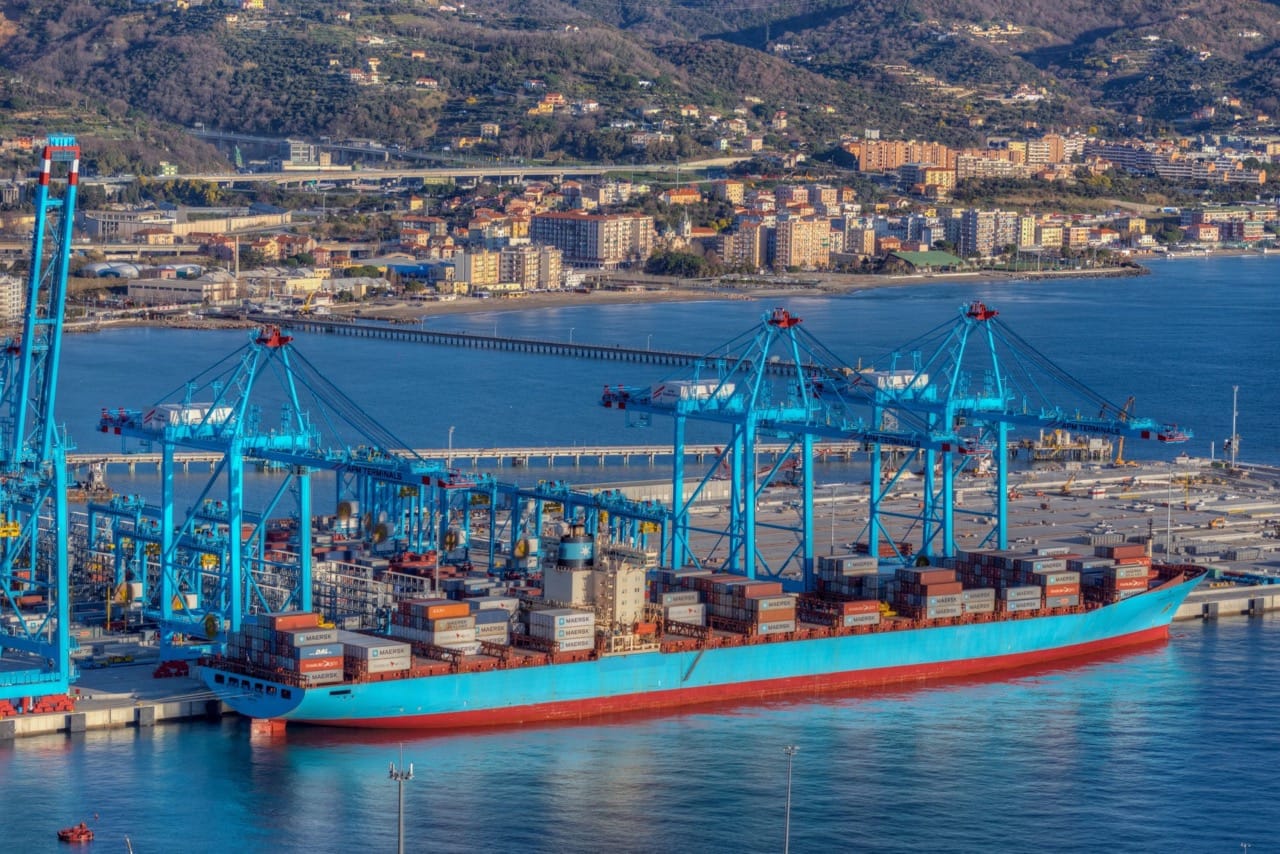Small freight forwarders and operators are dissatisfied, pushed by the Danish liner to make their reservations on the Maersk Spot online platform
The ‘revolution’ undertaken by Maersk towards its clientele of freight forwarders, which aims to establish long-term contracts only with operators with the largest volumes, moving the others to online booking, is now revealing its effects, the first of which is the heavy dissatisfaction of the latter.
To collect the related complaints is also this time Loadstar . The picture that emerges, drawn to the British newspaper on the basis of the feedback offered by various operators, is that this solution – the online booking of shipments made on the Maersk Spot platform, therefore with spot freight rates – is impractical and cannot really be offered to shippers.
“The spot quotation has a very short validity, it can expire in the same day if Maersk runs out of space, and it is not valid on the next ship” explains one of them, who also highlighted how with the Danish company now “you can only get spot rates, which means that you cannot schedule a shipment and we small operators can never find space “. The solution he has sometimes chosen to adopt, he adds, is to make another booking, with a second operator, on a different service and only then check on Maersk Spot if the rate offered can be cheaper.
The conclusion is rather explicit: “Maersk uses small freight forwarders only to fill in its blanks. This does not allow companies to survive in this context ”.
The evaluation of a second operator was also bitter: “Fortunately we had decided to reduce our commercial relations with Maersk” but the truth is that “we need them more than they need us”.
The natural consequence of these changes introduced by the (recently) second world container transport company will be a strong “market discontinuity” and may also lead to aggregations (mergers or collaborations) between small operators.
According to what has emerged as an indiscretion in recent months, Maersk has started a restructuring of its offer which for 2022 provides for six different contractual formulas, some of which are available only on direct proposal from the company’s sales representatives. In particular, it would have introduced the minimum of 100 containers per week as a threshold to access the signing of a long-term shipping contract.

